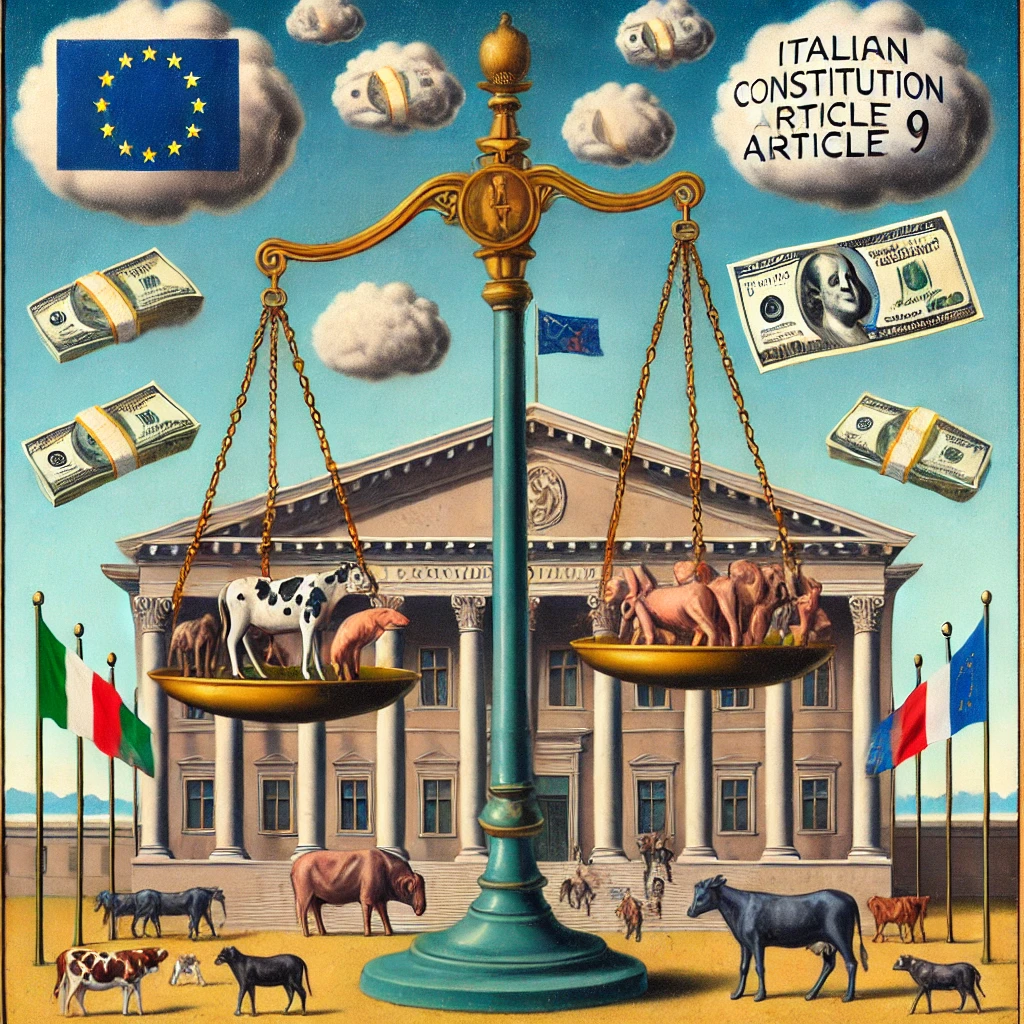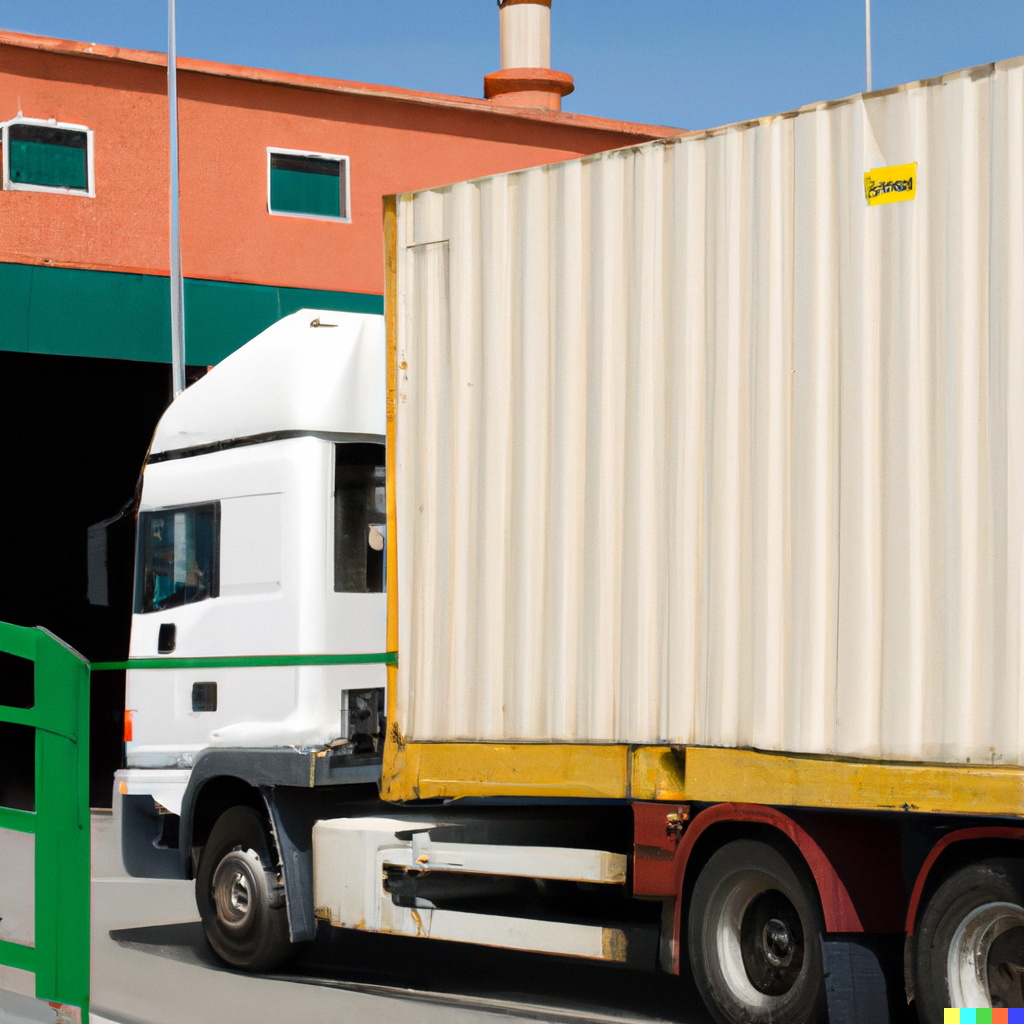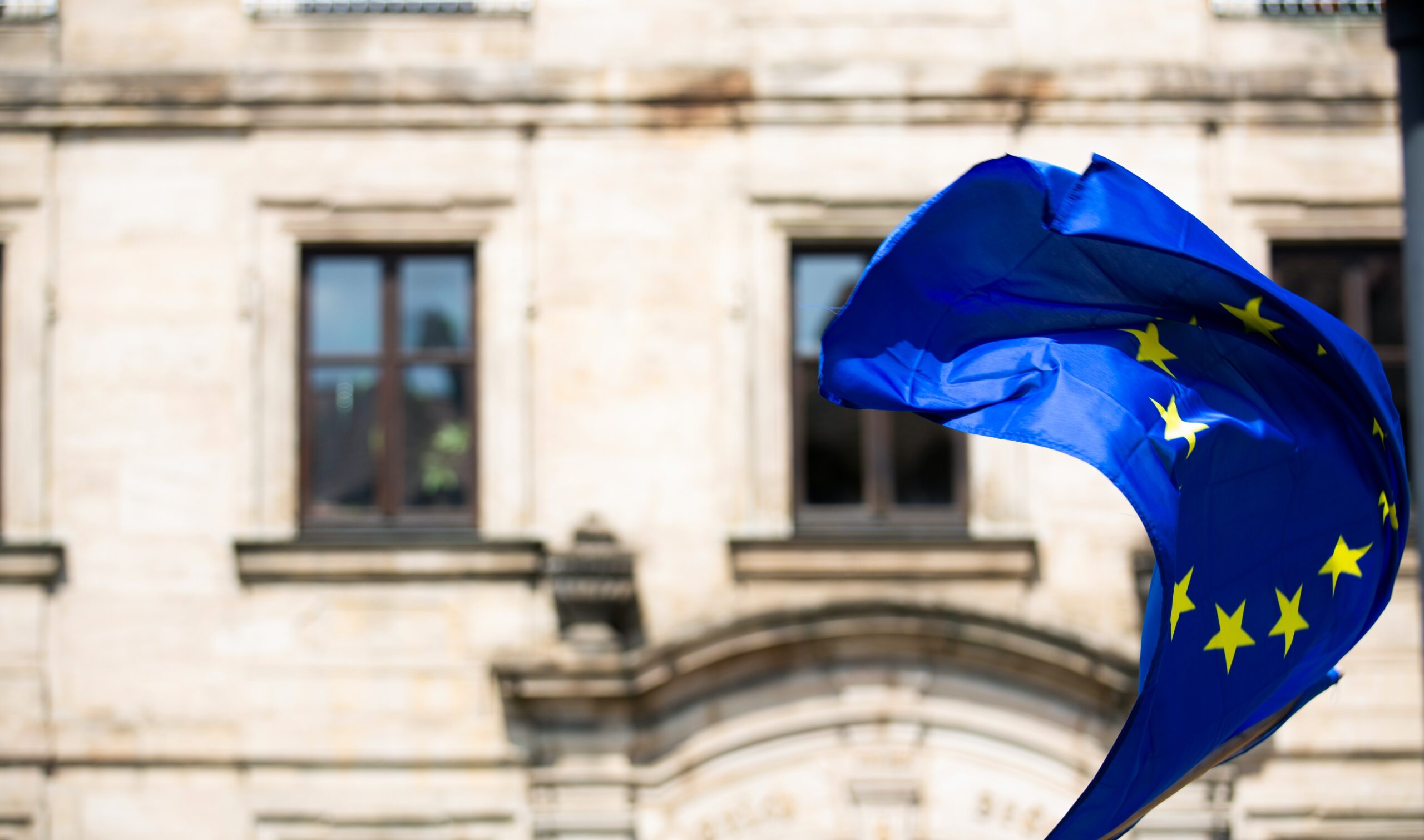
Protection of animal welfare and economic interests between national and EU law
Micaela Lottini | 22 July 2024 | Not Yet in an issue
Section III of the Council of State, in an order of July 2023, states that article 9 of the Constitution, as amended, has effectively included the protection of animals among the so-called ‘supreme principles’; consequently, animal’s interests (and in particular their loss of life) can be affected only following a rigorous evaluation of the necessity and proportionality of the measure to be adopted, in particular when the human interest at stake is purely economic.
Read More
Wild animals and their protection: between new regulations and ancient problems
Micaela Lottini | 1 September 2023 | Issue 3/2023
Section I of the Regional Administrative Court for Umbria in a recent case reaffirms the non-binding nature of the opinion of the national Institute for Environmental Protection and Research on the hunting calendar drafted by the Region under the provisions of law n. 157 of 1992, Rules for the protection of warm-blooded wildlife and for hunting. The ruling provides an opportunity to reflect on the state of legal protection of wild animals at national and EU level, in light of constitutional reform and recent regulatory amendments.
Read More
The SOLVIT Network after two decades: successes, shortcomings, and the way forward
Diana-Urania Galetta, Micaela Lottini, Jacques Ziller | 12 December 2022 | Issue Public Administration facing the challenges of digitalisation (2022)
SOLVIT is an on-line, free-of-charge service operating in all EU countries (and in Iceland, Liechtenstein, and Norway), which officially started its activity in July 2002. It was born as a network of national SOLVIT Centres, connected via an internet-based, multilingual network, with the aim of getting the national Centres to work together to reach the goal of helping businesses and citizens to overcome cross-border issues. Over time, and not without possible weaknesses in both practical and legal terms, it has developed to a multi-faceted single market tool, which also serves the purpose of identifying and try to overcome incorrect application of EU rules by national and local authorities.
Read More
Animal protection in the Constitution: reflections and perspectives
Micaela Lottini | 20 July 2022 | Issue 3/2022
With constitutional law n. 1 of 11 February 2022, the Republic is assigned the task of protecting the environment, biodiversity, and ecosystems (including in the interests of future generations). State law has to regulate the methods and forms of animal protection. For the first time, the protection of animals is mentioned in the constitutional text and, significantly, that protection is in the part dedicated to 'fundamental principles'. The text has some limitations. Nevertheless, this reform represents a step forward in line with the experiences of other countries of the European Union (and beyond), as well as with European Union law.
Read More
European Green Pass: Cooperation and New Technologies in the Single Market
Micaela Lottini | 19 January 2022 | Issue 1/2022
With Regulation (EU) 2021/953, a common framework for an EU Digital COVID certificate was established to facilitate free movement between member States during the current pandemic, guaranteeing minimum health safety conditions. The new mechanism testifies (among other things) to a process that has been underway for some years, in relation to which administrative cooperation, as an instrument for governing the single market and a driving force for European integration, can only be based on the use of new technologies, which now constitute an essential element.
Read More
Independence of the regulatory Authorities and institutional autonomy
Micaela Lottini | 26 October 2020 | Issue 4/2020
In the recent judgment of June 2020 in case C-378/19 (Prezident Slovenskej republiky), the Court is once again called upon to rule on the definition of ‘independencÈ regarding regulatory Authorities. In particular, it has to give an answer to the question on whether it can be considered as independent an Authority which is appointed by the Government and to which procedures are allowed to take part representatives of the ministries. Therefore, the Court has to assess whether the Slovak legislation implementing Directive 2009/72/EC, relating to the internal energy market can be considered legitimate, with particular regard to art. 35 of the same Directive, which precisely governs the designation and independence of the regulatory Authority. The Court concludes that, in accordance with the principle of institutional autonomy, which, inter alia, allows Member States to decide on their internal administrative organisation, the national legislation in question cannot be considered per se illegitimate, provided that all the requirements are met indicated by the Directive in order to ensure the independence of the Authority. In other words, governmental appointment and ministerial participation in the price-fixing procedures do not affect ex se the independence of the regulator. In any case, the criteria in accordance to which this appointment is carried out must be as such as not to compromise the objective of the integration of the specific market, precisely that of guaranteeing the independence of the regulator. This decision, despite being in line with the previous case-law (even if the Court does not give a definite answer left to the national judge) which leaves Member States wide margins of choice in relation to the organisation and powers of the independent Authorities, provided that minimum requirements are met aimed at guaranteeing the achievement of the objectives of the legislation considered, it gives us the opportunity to dwell on the issue of institutional autonomy in the specific sector of the independent Authorities and make some final considerations.
Read More